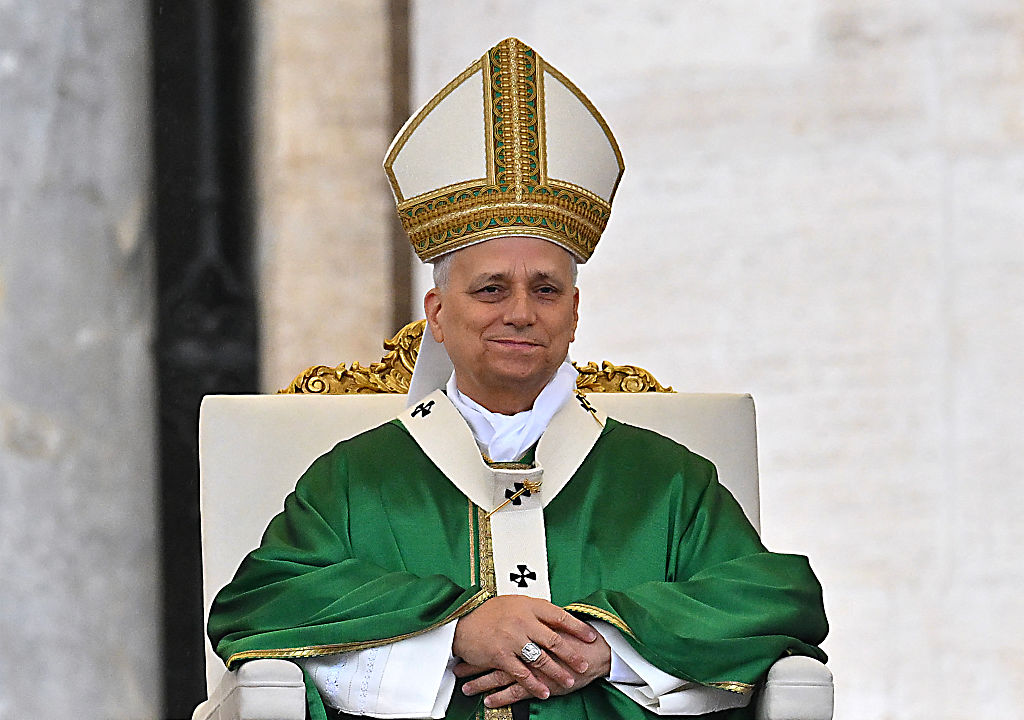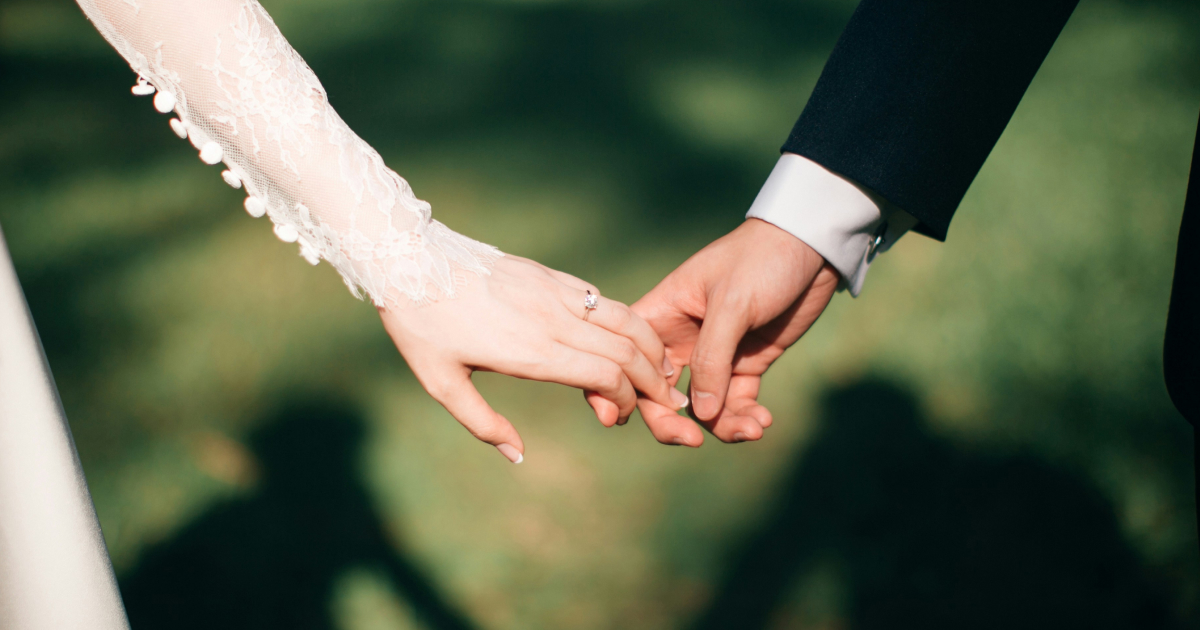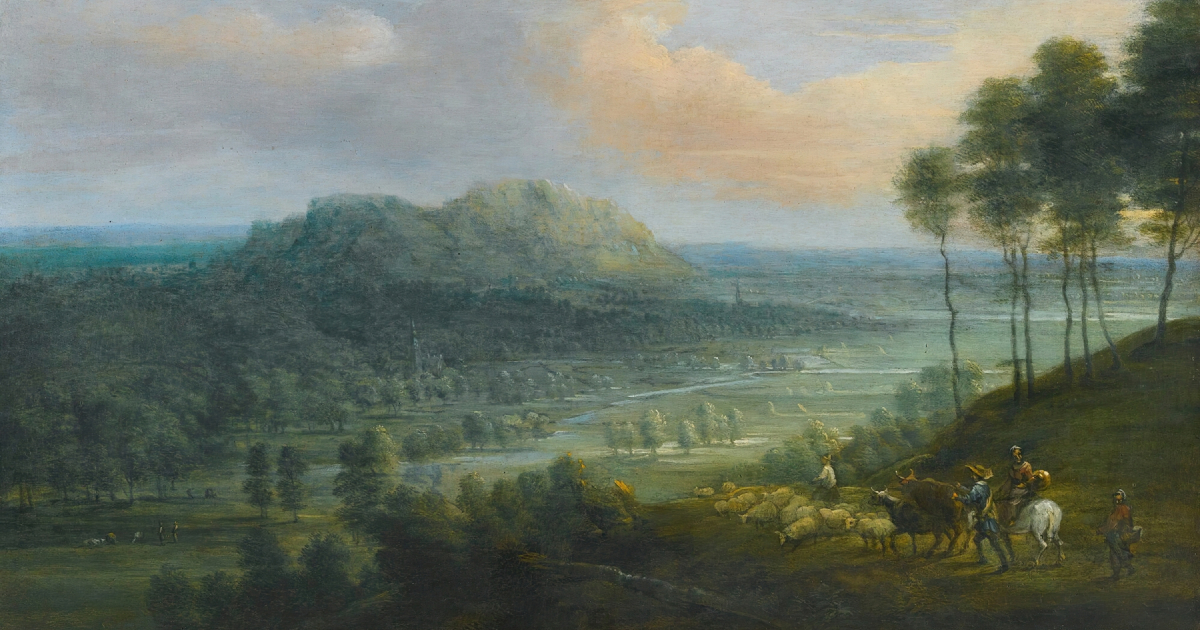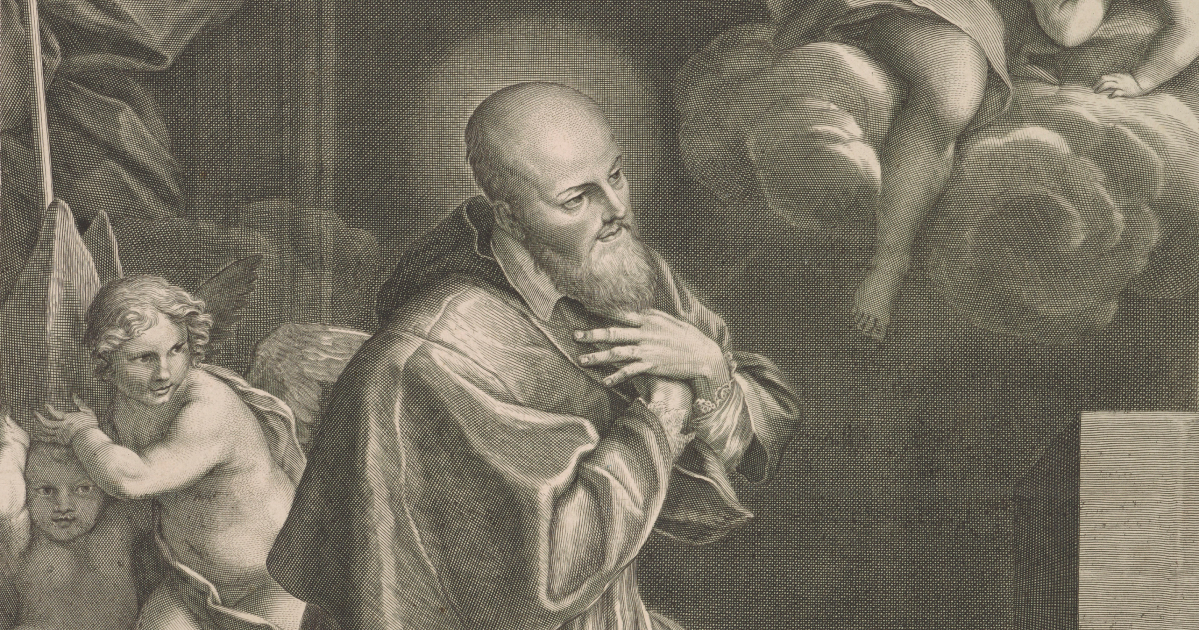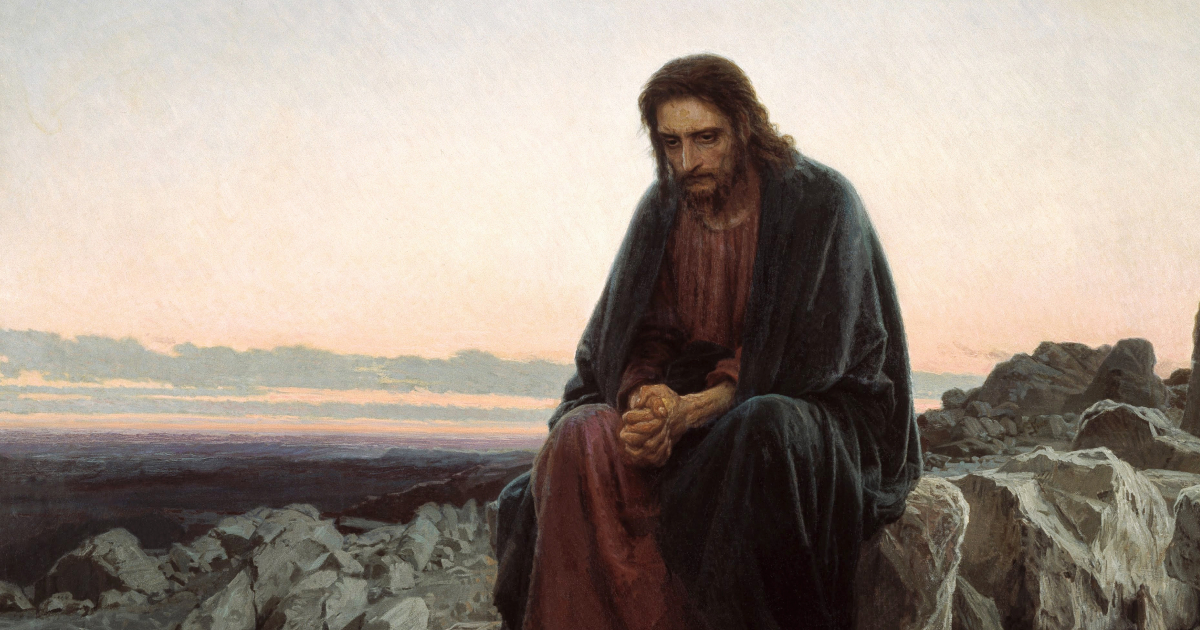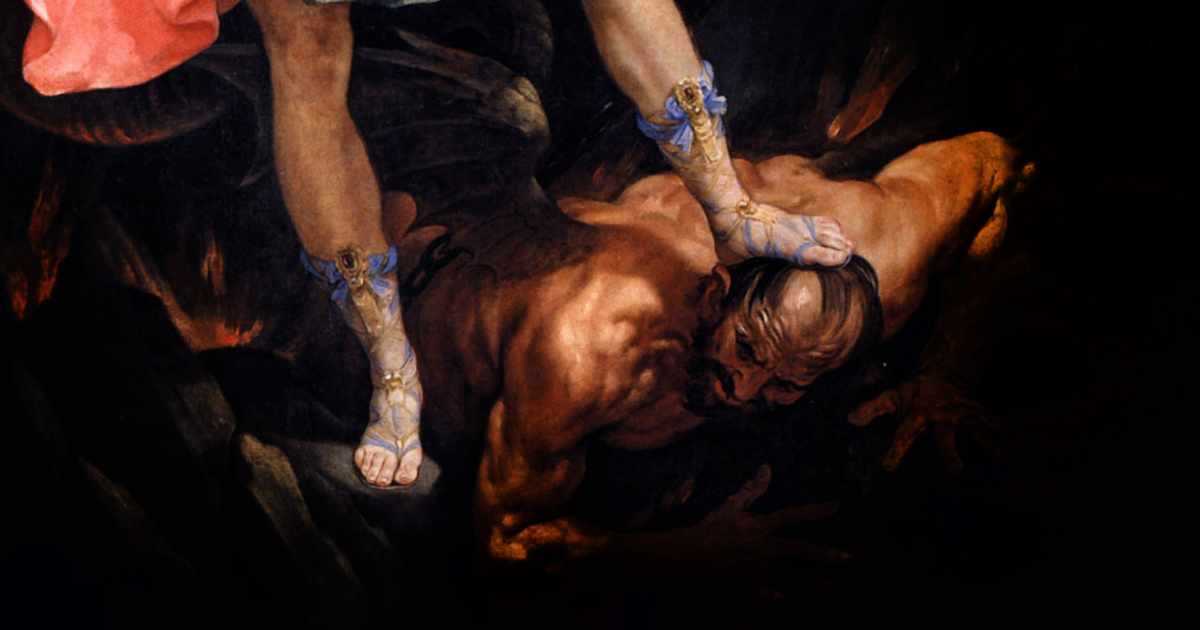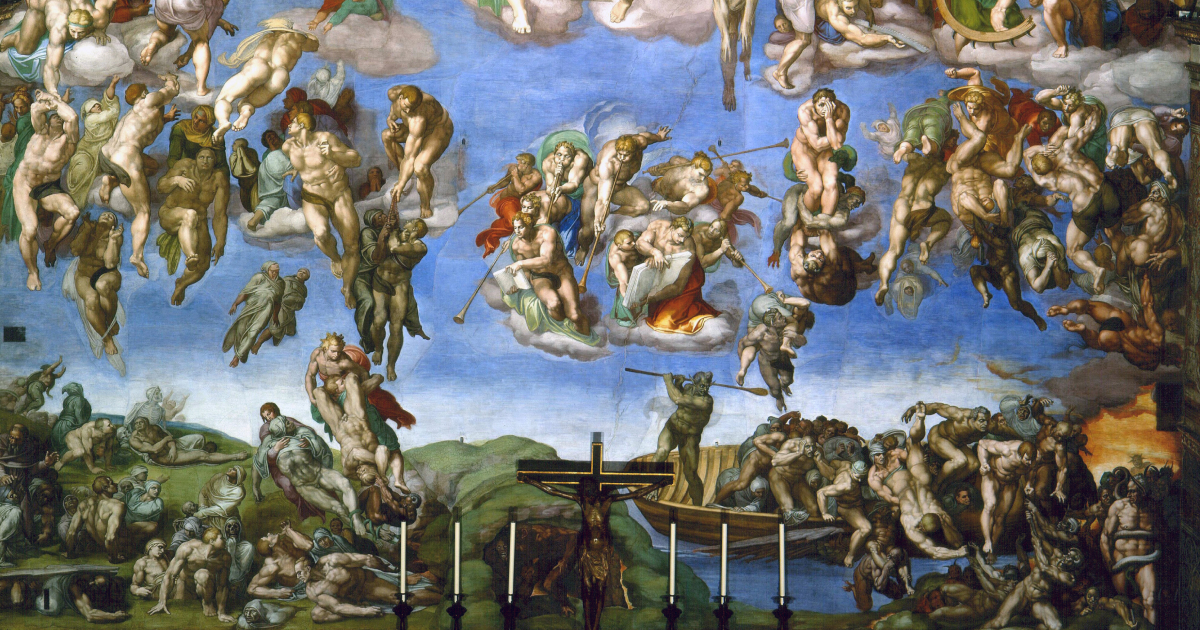The Pope has been in the Chair of St Peter only since May but already there's a distinct character to his pontificate.
In a series of interviews with Elise Allen of Crux news agency, the Pope gives the impression of a man who is prepared to speak his mind but wants to reflect carefully and discuss widely before making up his mind.
That is different from the more impulsive style of his predecessor and it is no bad thing. On almost every issue, his first instinct is to engage in discussions with those who feel strongly about a subject before he makes categoric pronouncements, let alone radical changes.
So, asked about the position of women in the Church, his approach is to continue with the very sensible policy of Pope Francis, namely, to promote women to positions of seniority within the Church which have no bearing on the question of ordination. That has made a real difference to the look of the Vatican, and appearances matter.
Yet he also observes, "I at the moment don't have an intention of changing the teaching of the Church on the topic."
Fidelity to tradition and openness to some degree of change seem like a good way to go. The Pope's title is pontifex, which means bridge-builder, and that is what he is doing. Similarly, on the vexed LGBT question, the Pope has already met Fr James Martin, who represents many gay Catholics, which in itself is significant.
Yet he is keen to put this fraught issue into perspective: "I recall," he said, "something that a cardinal from the eastern part of the world said to me before I was Pope, about 'the western world is fixated, obsessed with sexuality'.
"A person's identity, for some people, is all about sexual identity, and for many people in other parts of the world, that's not a primary issue in terms of how we should deal with one another. I confess, that's on the back of my mind, because, as we've seen at the synod, any issue dealing with the LGBTQ questions is highly polarising within the Church."
This may seem like evading the issue, but it is in fact to acknowledge that the Western approach to questions of sexuality has become unbalanced, bound up as it is with identity politics.
Indeed, on this subject, the Pope has embraced the most positive element of Pope Francis's legacy: famously, when someone asked the Pope how the pontiff regarded him, the questioner, as a gay man, Francis responded that the man was prioritising the qualifier over the substantive – that is to say, he was focusing on his identity as a gay person, not on his essence as a human being.
Yet Leo goes on to say that he does not envisage change in the Church's teaching about marriage and sexuality.
His approach is, he says repeatedly, synodal. But what does he mean?
He says, "Synodality is an attitude, an openness, a willingness to understand. Speaking of the Church now, this means each and every member of the Church has a voice and a role to play through prayer, reflection … ”
That notion that synodality is more about attitude than structure is very different from the laborious process of conducting dialogue by collating views from parishes, submitting and summarising views, distilling the findings and finally discussing them in small gatherings at the Vatican. It could mean simply that the Church is open to discussion with its own members – which is very different from its former way of doing things.
Yet this could mean people expressing views which bishops may not want to hear – on the liturgy, for instance. And on this Leo seems cautiously open to the possibility of the traditional Latin Mass being celebrated more freely. He is permitting Cardinal Burke to celebrate Mass in the Tridentine Rite in St Peter's, which is itself a positive step.
But he observes that "people have used the liturgy as an excuse for advancing other topics. It's become a political tool, and that's unfortunate" – in other words, he thinks that the celebration of the traditional rite has become a way of advancing a particular world view.
It would be unfortunate if ordinary loyal Catholics who simply wish to worship in the fashion of their ancestors were to be punished for the attitudes of more combative traditionalists.
This has been a very good start to his pontificate. Most Catholics know little about him but like what they see.
They appreciate a willingness on the part of the Pope to listen. And he need not doubt he will also be willing to lead.
Photo: Pope Leo XIV looks on as he attends the Jubilee Mass for the Missionary World and Migrants at St Peter's Square in the Vatican, 5 October 2025. (Photo by ANDREAS SOLARO/AFP via Getty Images.)
This article appears in the October/November2025 edition of the Catholic Herald. To subscribe to our thought-provoking magazine and have independent, high-calibre and counter-cultural Catholic journalism delivered to your door anywhere in the world click HERE.





